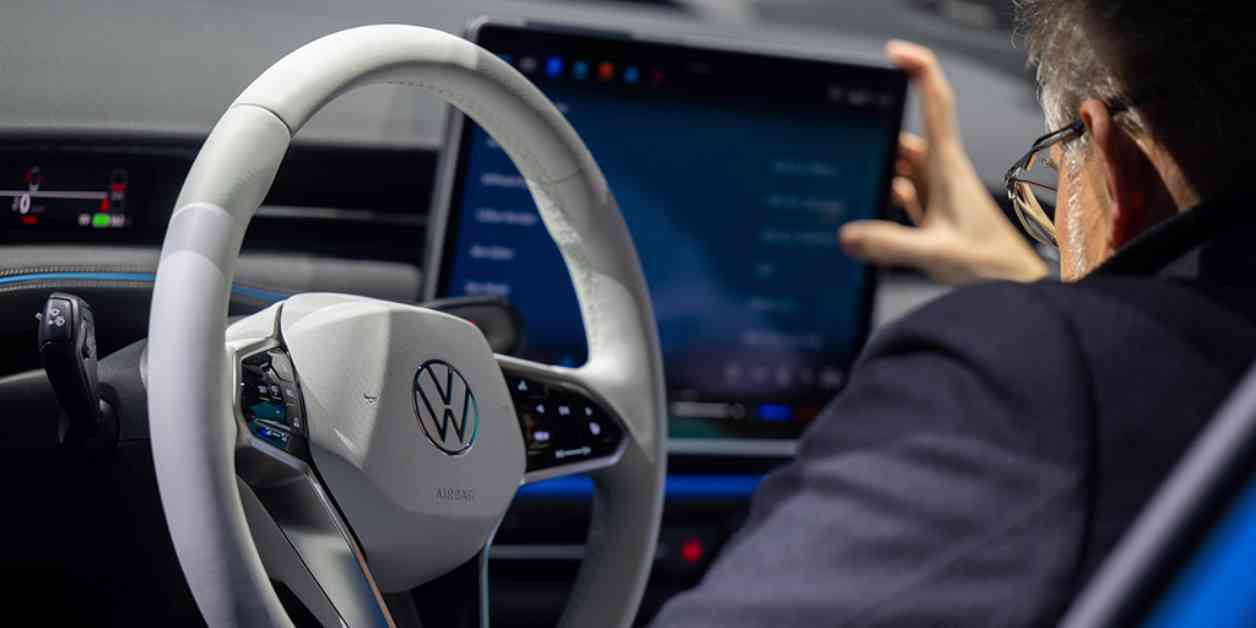Protect Your Vehicle from Hacking and Fraud
Your car is valuable and keeping it safe from tech-savvy criminals is essential. Wrapping your key fob in aluminum foil might sound strange, but it can prevent hackers from intercepting its signal and gaining access to your vehicle. Criminals can easily open your car without setting off any alarms, especially if you have a true keyless car model. By blocking the signals with foil, you can protect your car from theft.
Unfortunately, there are various scams targeting car owners and those in the market for a new vehicle. One common scam is the VIN cloning scam, where scammers use the VIN from a stolen or totaled vehicle to create fake documents and complete a sale. It can be challenging to spot these scams, but using services like Carfax or AutoCheck to check the VIN and inspecting the VIN plate on the car can help.
Another scam involved an 18-year-old posting his neighbors’ cars for rent on Facebook Marketplace, collecting deposits, and sending renters to the car owners’ real addresses. This led to chaos and damage, emphasizing the importance of sticking with legitimate rental companies and avoiding paying ahead for rentals through community sales platforms.
In addition to these scams, cybercriminals can use denial-of-service attacks to overwhelm your vehicle’s systems, potentially shutting down critical functions like airbags and door locks. Regularly changing your car’s onboard Wi-Fi network password and turning off Bluetooth and Wi-Fi when not in use can help prevent such attacks.
Moreover, built-in monitoring in newer cars poses a security risk, as exploit kits can replicate keys and program new ones to steal vehicles. Visiting a reputable mechanic and using a physical steering wheel lock can provide extra security for your vehicle.
Furthermore, connected cars with internet connectivity and built-in web browsers are vulnerable to mobile malware attacks. Criminals can install malware on your car’s system through malicious links and attachments, compromising the vehicle’s security. Practicing good computer and internet safety, even when connected to your car, is crucial to prevent such attacks.
By staying informed about these potential threats and taking proactive measures to protect your vehicle, you can reduce the risk of falling victim to hacking and fraud. Remember to prioritize safety and security when it comes to your car, one of your most valuable assets.




















